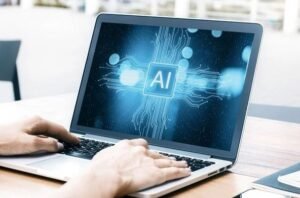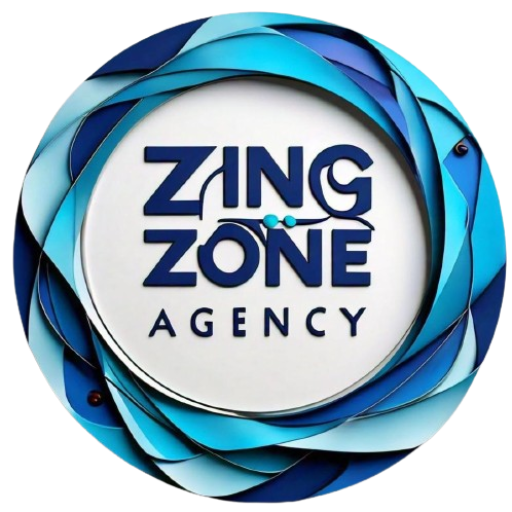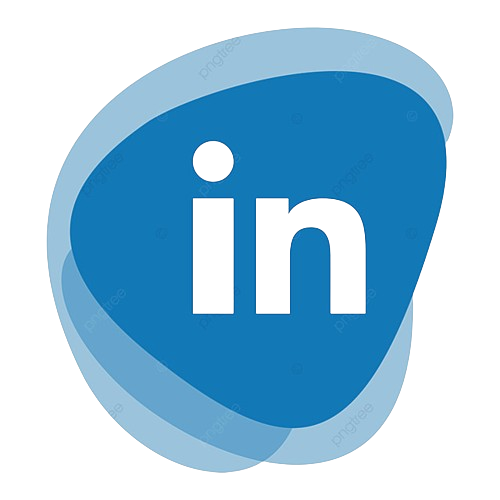
Harnessing Artificial Intelligence for Job Searching Success
In the lightning-speed tech universe where finding a job is more like finding a needle in a haystack, Artificial Intelligence (AI) came to rescue the human race and bring efficiency & personalization to the way we search for jobs. AI is changing the job market just as it is revolutionizing many other occupations in the healthcare, finance, and customer service industries. AI, as a tool for job seekers, helps them in a way that automates their process where the right opportunities are matched at the right juncture of the career development path. Here, we will take a look at how using AI can help you land your dream job and increase your chances of getting employed.
1. AI-Powered Job Search Platforms
One of these is harnessing AI to work for you in your job search, the first step you can take with it is using AI-driven job search platforms. LinkedIn, Indeed, Glassdoor and ZipRecruiter are examples of websites that employ AI algorithms to match job seekers with jobs based on their resumes, background, and competencies. They use data analytics to suggest jobs matching your profile, saving hours of manual searching from your precious time.
For example, here on LinkedIn AI features such as job recommendations based on your history and skills, or alerts for when an open position aligns closely with you. The more you interact with these platforms — by updating your profile, applying for jobs, and engaging with content — the more information they feed to AI about your preferences: which in turn will help focus job recommendations.
2. Crafting AI-Optimized Resumes
The use of AI by both job seekers and employers is increasing now. Most applicant tracking systems companies use (ATS) automatically screen resumes before they ever get to a human. How this works: These systems are powered by machine learning to read through resumes in milliseconds for keywords, skills, and experiences. And that is what we are getting into next, how AI-powered ATS works so that you understand how your resume can be passed through this initial filtering process.
Include Keywords Matching The Job Description To optimize your resume for AI, including all the right keywords that align with the job. Use clear and simple language without too much jargon or fancy formatting that might get lost in the system. By scanning job descriptions and giving you suggestions to improve your resume to be more ATS-friendly, tools like Jobscan and Resunate can also help you tailor your resume for specific roles.
3. AI-Based Career Counseling and Coaching
AI-empowered tools for career counseling become the best friends of job seekers looking to improve their demands. CareerExplorer, PathMatch, and Pymetrics are examples of platforms that offer career recommendations based on your skills, personality traits, and preferences. Some of these platforms use psychometric assessments, cognitive ability tests, and even game-like tasks to assess your tougher areas.
AI then evaluates the results to offer tailored career suggestions, pointing you towards industries and roles that align with your skillset. Some AI automated coaching services also provide interview preparation, asking you to answer some questions and conduct mock interviews to enhance your communication skills.
4. Improving Job Alerts with AI
It could be much easier for you to make job alerts through an AI. However, your typical job alerts tend to be too broad and untargeted. This is where AI-powered alerts come with more precision. Platforms such as ZipRecruiter and Indeed, for instance, use machine learning algorithms to measure your preferences by taking into account your clicks and other applications, ensuring better filtering of job alerts.
Rather than being inundated with hundreds of job listings for which you bear zero interest, AI systems enable you to only get notified if an ideal one pops up in your field of expertise and region — at the right payscale level and experience requirement. Enables you to spend time selecting only the roles that suit well with your capability and choices.
5. AI for Networking and Building Connections
While it is true that no one has to build a network AI can certainly assist you in extending and maintaining your network. Excellent use case of AI in networking- LinkedIn uses AI algorithms to feed you names in “People You May Know” based on your profile, mutual connections, and shared industries or interests. It will also encourage you to reach out to other recruiters, alumni at your school, and professionals in your desired industry.
For example, AI-powered tools such as Crystal Knows leverage AI to evaluate your contact’s communication style and personality traits which would guide you to write better messages. It is something that can be useful in reaching out to hiring managers, potential mentors, or industry influencers. Speaking directly to people means more opportunities to connect with the right person, possibly even about a future job.
6. AI for Preparing and Practicing Interviews
Job interviews are an integral part of the hiring process, and AI allows you to prepare unlike ever before. MyInterview and VMock can help you simulate the situation of real interviews, which can provide a setting for common questions because they are asked like real situations. They all use AI to break through your facade, then provide extremely detailed feedback in real-time on not just what you’re saying, but how you look when you say it (in terms of body language and tone,) plus what specific combination words produce the best reaction.
Accordingly, their AI (Artificial Intelligence) watches your video answers and informs you about how effective you are presenting yourself to the camera as a tip on how to increase: Your confidence in actual interview situations. The more you practice with these tools, the better your answers will get, and the more comfortable you will be talking in a professional environment which will enhance your chances of acing that interview.
7. Leveraging AI for Industry-Specific Opportunities
Some industries have AI‑calibrated tools for interested job seekers. In tech, AI-driven job platforms like Hired and AngelList are created to only connect talent (e.g., developers, engineers, or other tech professionals) with roles in startups and established companies. Such platforms look at your tech stack and experience and match you with companies in search of those talents.
In the same vein, AI tools such as Kaggle make it easier to land freelance and full-time work by presenting data scientists and AI enthusiasts to put their work out there in competitions/projects. It takes that a step further, enabling you to simplify your job search and reach out directly to companies in need of industry specialization through sector-specific AI tools.
Bonus: AI for Salary Negotiation
After you get a job offer, AI can help you negotiate your salary. Talent Intelligence platforms such as Payscale and LinkedIn Salary will use AI algorithms to help you know the salary range indicative of your industry, location, and experience. These online platforms can enable you to benchmark your offer against market standards and even assist in making sure that you are being paid a fair amount. You get a more detailed view about your worth, and how you compare with others in the market, which in turn gives you the confidence to negotiate with the employers and ultimately should reflect on your salary.
Conclusion
It is consistently reshaping the job search space by providing dynamic tools and resources for job seekers to utilize in finding better opportunities at a faster pace. AI-based job search platforms, resume optimization, networking tools, interview preparations — AI has everything covered to make it easier for you throughout every stage of a job search.
AI is not going to take over entirely from the human touch – but it can help job hunters give themselves a better chance when up against competition. Embrace AI and leverage it in your job search to open up new prospects, foster better relationships, and improve the likelihood of snagging that dream role. AI technology is leading the charge in this exciting new era of job searching.






